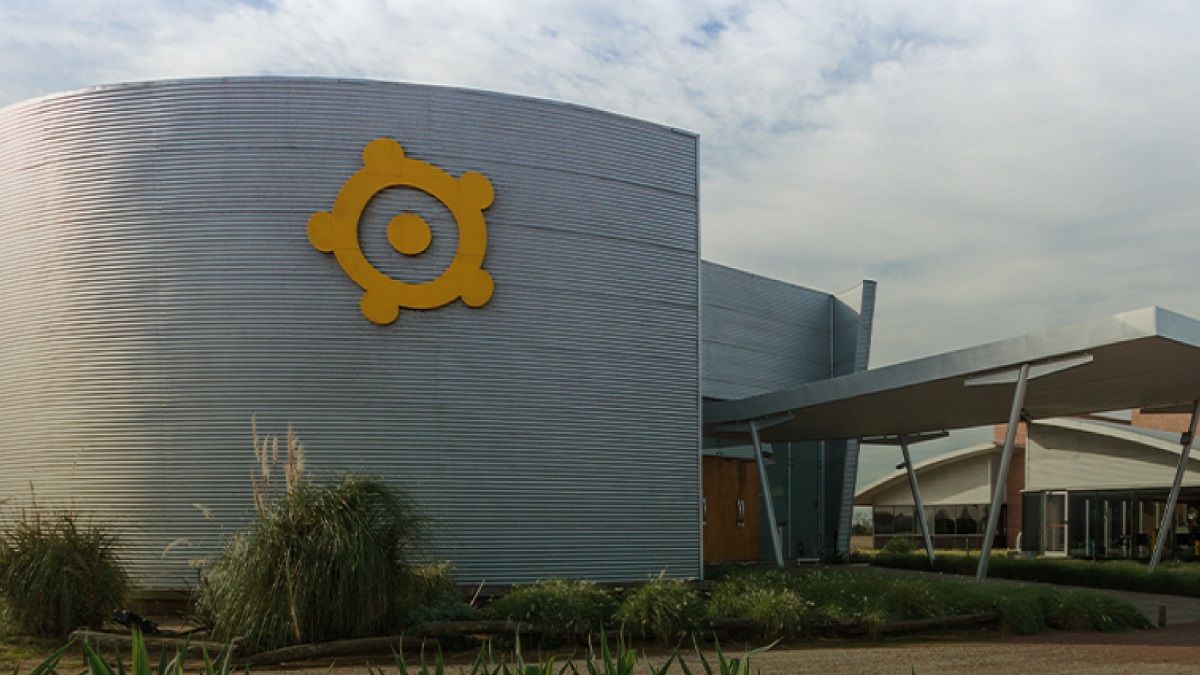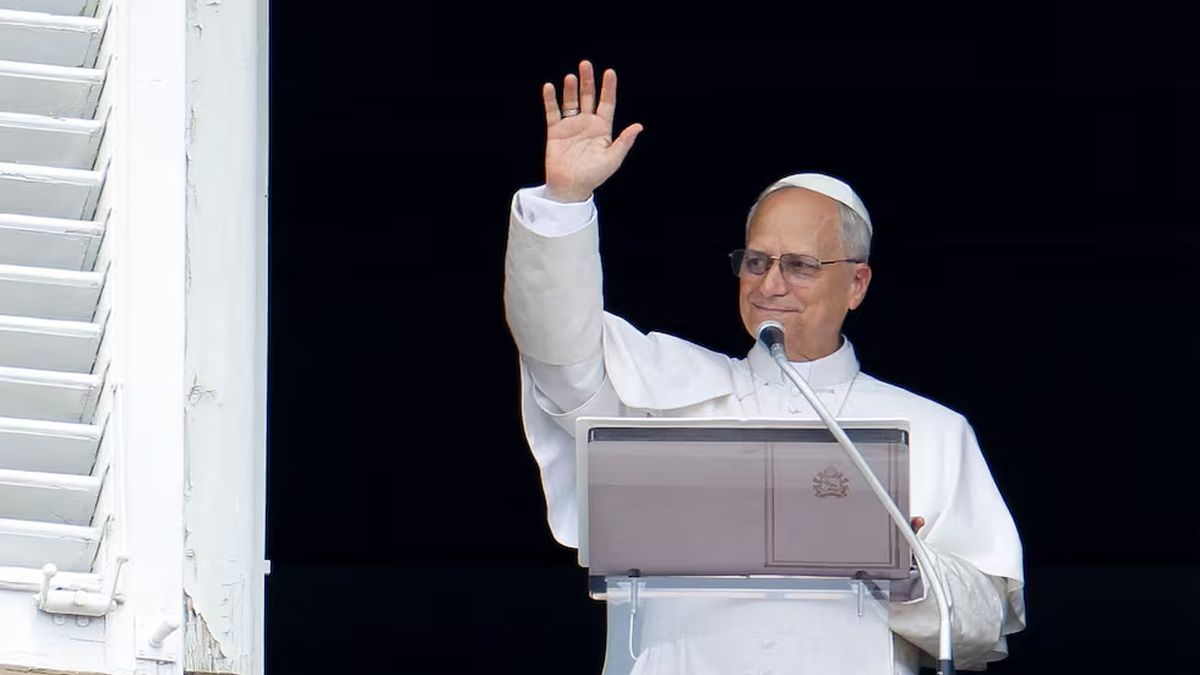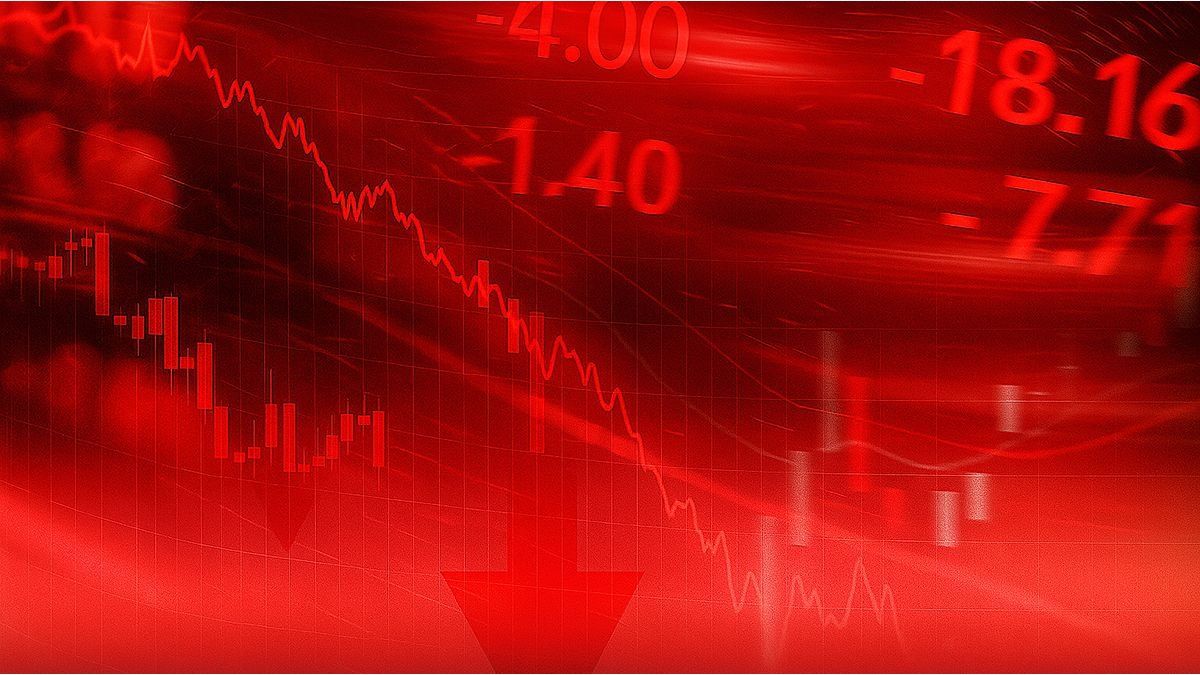The crisis of the Grobo seems to have been unleashed in just over 30 daysfrom the fact that he entered default in December last year until he presented in the contest of creditors the first business day of February. However, Reality shows that the company was already showing complicated numbers for a long time, with a progressive deterioration that, according to the firm, was aggravated during the last year.
In the Board of Directors of the GOBO, where the factors that led her to ask for the creditors in justice are detailed, the company argues that “the agricultural sector is going through a conjunctural crisis marked by a cluster of economic, financial factors and Structural that have been notoriously aggravated in the last period due to the adverse evolution of both local and international macroeconomic variables. “
In particular, The president of the company, Santiago Cotter, stressed that the current situation responds to “an obvious delay in the update of the currency exchange rate in which it markets its products, the consequent increase in the costs of local inputs and services in that currency, the maintenance of the export withholdings regime (Even with the partial and temporary reduction of the aliquots from January 27 to June 30, 2025), the pronounced fall in international commodities prices that the company produces and markets, the company, The difficulties in obtaining financing as well as the impossibility of refinancing of current credits and the impossibility of collection of certain credits in favor of society“. All these factors impacted” in such a way on the course of businesses that allow us to conclude that society will not have, in the short term, financial capacity to face them on a regular basis. “
Among the determining factors, the document also highlights the impact of severe drought that affected the 2022/2023 cycle, causing “an interannual drop in national production of almost 40%”, with wheat and soy among the most beaten products. Meanwhile, it also remarks that, in the last year, the first semester of 2023 was marked by “a strong acceleration of inflation accompanied by a significant delay in the official exchange rate.” Then, From 2024, the new government implemented “an aggressive policy of stabilization of macroeconomic variables, based on fiscal balance, with a strong cut of public spending and an important initial devaluation of the Argentine peso against the dollar”, what it generated ” An uncontrolled increase in the prices of goods and services, causing a retraction of demand and subsequent economic recession. “
To this is added the decline in international prices of grains, with “soybeans at its lowest value in four years and the worst since 2016 and wheat at the lowest level since April 2018”. Meanwhile, the inputs “registered high prices and in constant rise due to the fear of shortage.”
What follows
Los Grobo is one of the most important agricultural companies in Argentina, but not only for its scale but also because of the high profile that Gustavo Grobocopatel, former president of the firm, who retains 10% of the share capital with his sister Matilde The rest is in the hands of the Victoria Capital Partners Fund and just today all eyes are put in this investment group.
As explained in the financial sector, Victoria Capital Partners had committed months ago to specify a capital contribution aimed at covering short -term debt maturities. That never happened from that scenario, the default was precipitated last December. That is why everything indicates that the will of this holding would be to retire from a business that today is not profitable and in which they have even injecting funds for several campaigns.
In this context, the possibility of entering a new investor or trying to sell some of the most important assets of the company within the creditors contest is considered. The current debt of the Grobo amounts to approximately US $ 200 million, with a group of banks among its main creditors, who owes more than US $ 50 million. The rest is distributed among stock exchange, suppliers and other financial commitments.
The assets of the firm are tempting, especially for their capillarity and presence in the main productive zone of the country. Currently, the Agricultural Grobo has an integrated structure that includes 34 branches, 27 input deposits and 16 grain collection and processing plants, with a storage capacity of more than 350,000 tons. The company operates in Buenos Aires, La Pampa, Córdoba, Santa Fe and Entre Ríos, and uses more than 500 people. During the last year, he collected more than 2 million tons of grains and sowed 218,000 hectares in alliance with 40 producing partners.
For its part, Agrofina, the firm of phytosanitary of the group that is also in creditors, synthesizes and formulates more than 30 products and has registered more than 170. Its main asset is its production plant in Zárate, province of Buenos Aires. In parallel, the group participates in the agro -industrial sector with Molinos Cánepa, located in Chivilcoy, although this firm is not competed.
The truth is that, although they are already interested in entering the group or acquiring part of their assets, the reality is that there is still a long way to go. For a possible investor, the wait could be beneficial, since with the progress of the bankruptcy process it is likely that the values of the assets are adjusted and the purchase becomes more convenient. The story is still open.
Source: Ambito




